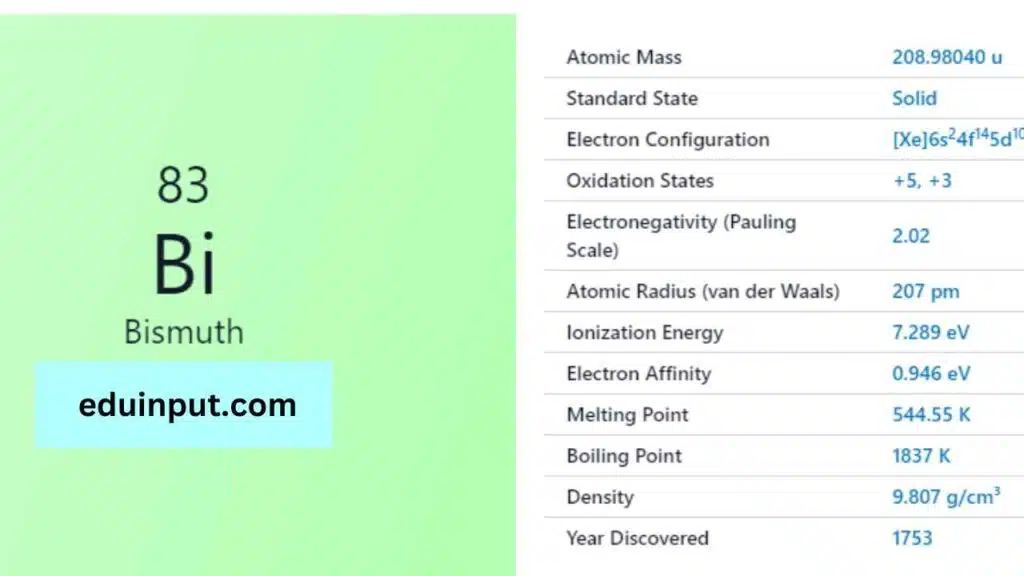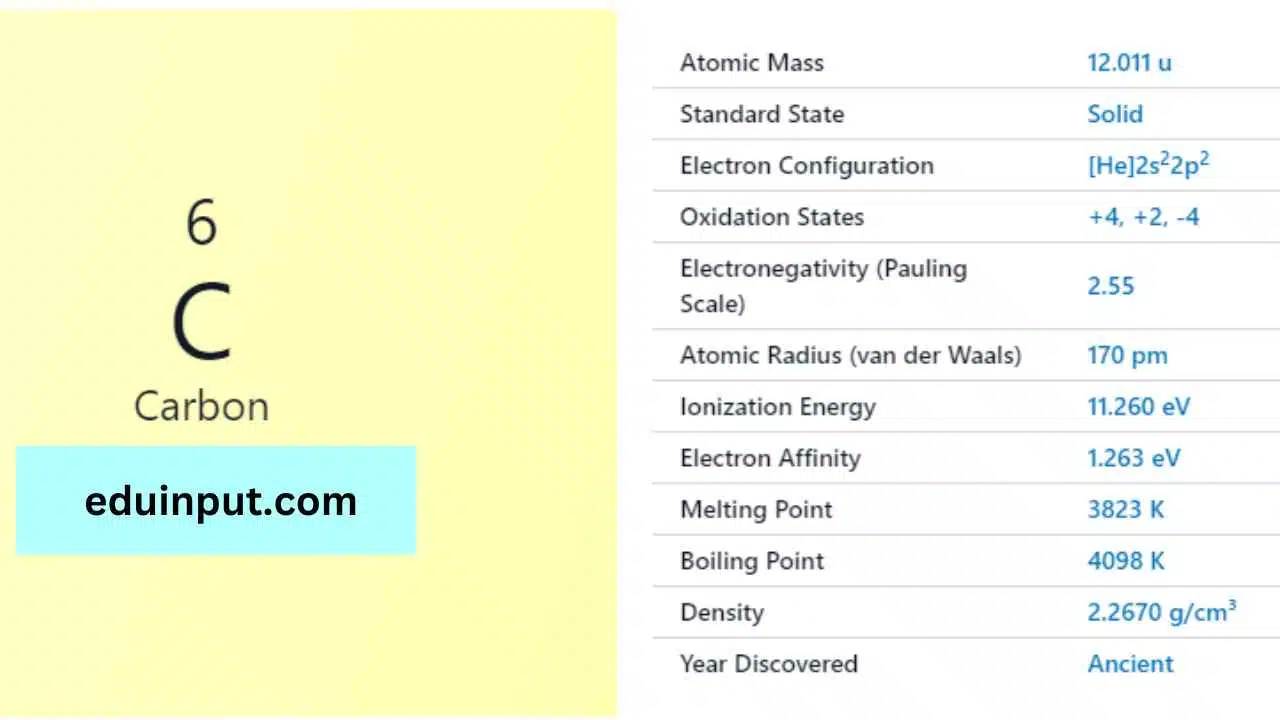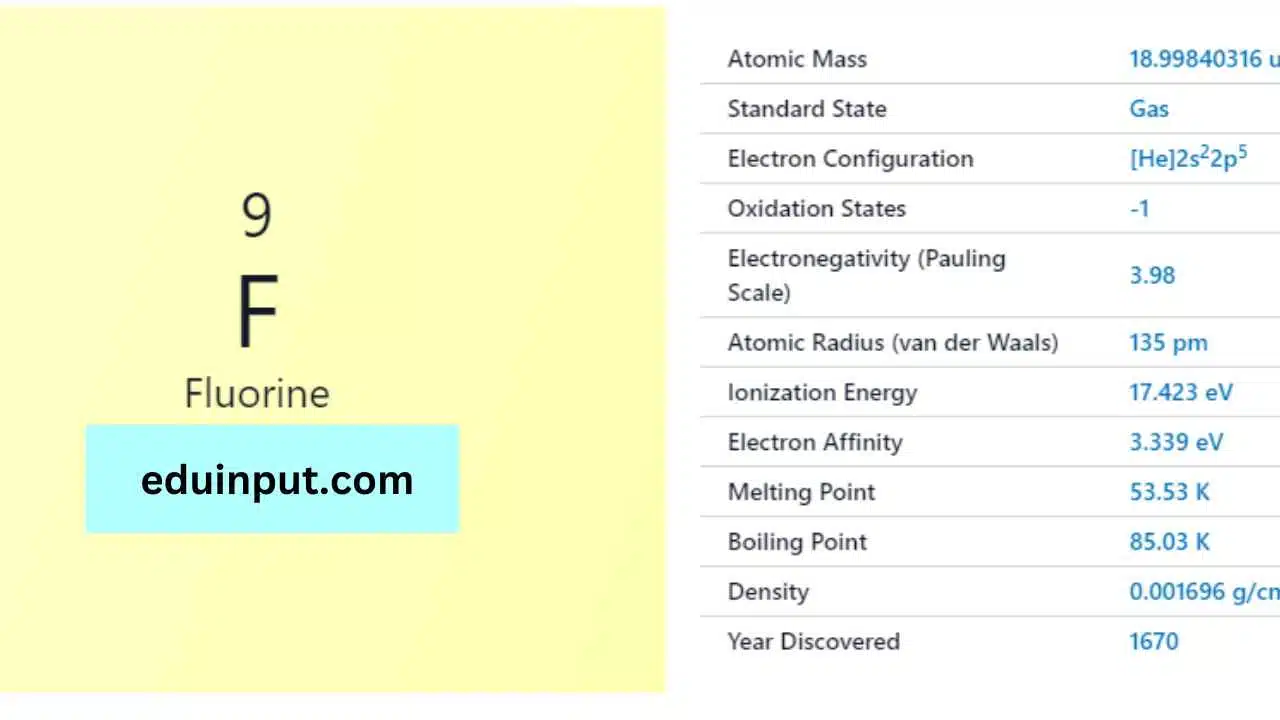Bismuth-Discovery, Properties, And Applicaions
Bismuth is a chemical element with the symbol Bi and atomic number 83. It is a silvery-white, shiny metal with a pinkish tint. Bismuth is the most naturally diamagnetic element, meaning it is weakly repelled by both poles of a magnet. It has a low melting point and is used in various alloys, cosmetics, and pharmaceuticals.

| Property | Value |
| Name | Bismuth |
| Symbol | Bi |
| Atomic number | 83 |
| Relative atomic mass (Ar) | 208.98040 |
| Standard state | Solid at 298 K |
| Appearance | Lustrous reddish white |
| Classification | Metallic |
| Group in periodic table | 15 |
| Group name | Pnictogen |
| Group in the periodic table | 6 |
| Period in the periodic table | p |
| Shell structure | 2.8.18.32.18.5 |
| CAS Registry | 7440-69-9 |
Discovery
Bismuth was discovered in the early 1700s by a German chemist named Johann Heinrich Pott. It was first isolated in 1753 by French chemist Claude François Geoffroy.
Physical Properties
Bismuth is a dense, silvery-white metal with a pinkish tint. It is relatively soft and brittle, and has a low melting point of 271.4°C (520.5°F). Bismuth is diamagnetic, meaning it is weakly repelled by both poles of a magnet.
Chemical Properties
Bismuth is a relatively stable element and does not react with air or water at room temperature. However, it can react with nitric acid and other strong oxidizing agents. Bismuth has a variety of oxidation states, but most of its compounds are in the +3 or +5 oxidation state.
Facts
- Bismuth is one of the few elements that is not toxic, making it a safe alternative to lead in various applications.
- Bismuth has the highest Hall effect of any metal, meaning it has a strong magnetic field when exposed to a magnetic field perpendicular to a current.
- Bismuth is used in cosmetics, including lipstick, mascara, and eyeshadow.
- Bismuth is often used in alloys with other metals, such as copper and tin, to improve their machinability.
Applications
Bismuth has a variety of applications, including:
- Pharmaceuticals: Bismuth compounds are used in various pharmaceuticals, including antacids, anti-diarrheal medications, and treatments for H. pylori infections.
- Cosmetics: Bismuth is used in various cosmetics, including lipstick, mascara, and eyeshadow, as a coloring agent and to improve texture.
- Alloys: Bismuth is used in alloys with other metals, such as copper and tin, to improve their machinability.
- Nuclear industry: Bismuth is used as a neutron absorber in nuclear reactors.
- Other: Bismuth is used in fire sprinklers, solders, and various other industrial applications.







Leave a Reply